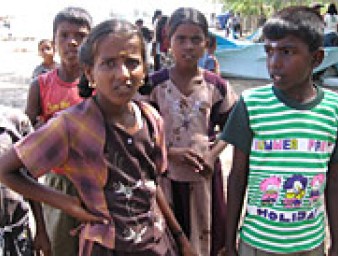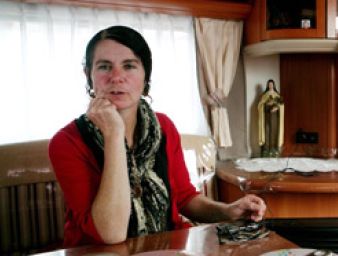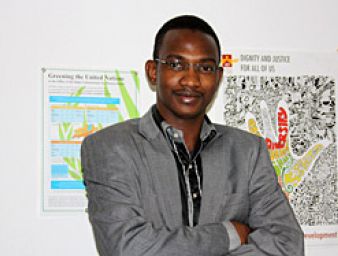Minority Forum opens third session
15 December 2010
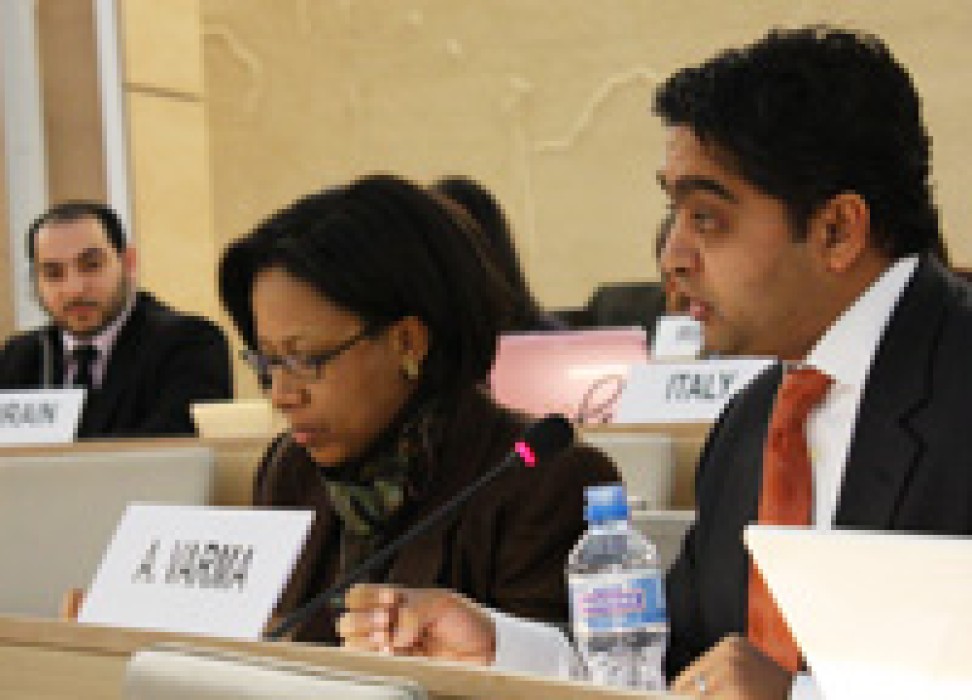
The international Forum on Minority Issues opened its third annual session in Geneva. This year’s discussions focus on the effective participation of minorities in economic life.
The Forum was established by the UN Human Rights Council in 2007 to provide a platform for dialogue and cooperation on matters of national or ethnic, religious and linguistic minorities, as well as thematic contributions and expertise to the work of the Independent Expert on Minority Issues.
Every year, representatives from governments, UN agencies, international and regional organizations, civil society and the academic world gather at the Forum on Minority Issues to identify and analyze best practices, challenges, opportunities and initiatives for the further implementation of the Declaration on the Rights of Persons Belonging to National or Ethnic, Religious and Linguistic Minorities.
Opening the third session of the Forum, UN Human Rights Chief Navi Pillay noted that minorities are frequently excluded from full and effective participation in economic life, even more so in times of economic hardship.
“While the experiences of different minorities who do not enjoy their right to participate in economic life are diverse – the impact of that exclusion is nearly always devastating. The results are seen in poverty, displacement from land or homes, disintegration of communities and families, loss of distinct minority cultures and identities, and in some cases, even violence and conflict”, the High Commissioner said. “It is important to note that the negative consequences of economic exclusion of minorities are also felt by States. They fail to benefit from the contributions to wider society that members of minorities can make.”
She stressed that “the positive experiences of many countries show that when minorities have the opportunity to contribute their work, their energy and creativity, and their entrepreneurial skills, societies benefit immensely, not least from the creation of new and diverse businesses, jobs and wealth for all.”
This year’s Forum is chaired by Gita Sen, Professor at the Indian Institute of Management in Bangalore, India, and Adjunct Professor at the Harvard School of Public Health.
“When the conditions exist for fair and effective participation in economic life, the result is just, fair and stable societies in which all may contribute equally and prosper equally. Such societies reap the benefits of their diversity”, the Chair said. “However, too often such conditions are not in place for some disadvantaged minority communities. The result is frequently poverty, exclusion or marginalization, and social division that damages not just minorities but the whole of society.”
“Times of economic crisis can be particularly difficult for minority groups that may already be subject to societal discrimination and stigma, and who may be undocumented or migrant workers. Societal pressures to blame those who are the most vulnerable can become explosive unless governments play a moderating role and act as guarantors of protection from violence and abuse,”
Gay McDougall, the UN Independent Expert on Minority Issues, who organizes the Forum and reports on its recommendations to the UN Human Rights Council noted that “effective participation of minorities in all aspects of economic life is both a right of minorities and a key component in building societies that are fair, stable, and in which all may prosper equally.”
The outcome of discussions at this year’s session will suggest concrete proposals for governments, the private business sector, including national and transnational corporations, international financial institutions and multilateral development agencies, as well as civil society organizations, trade unions and national human rights institutions.
15 December 2010
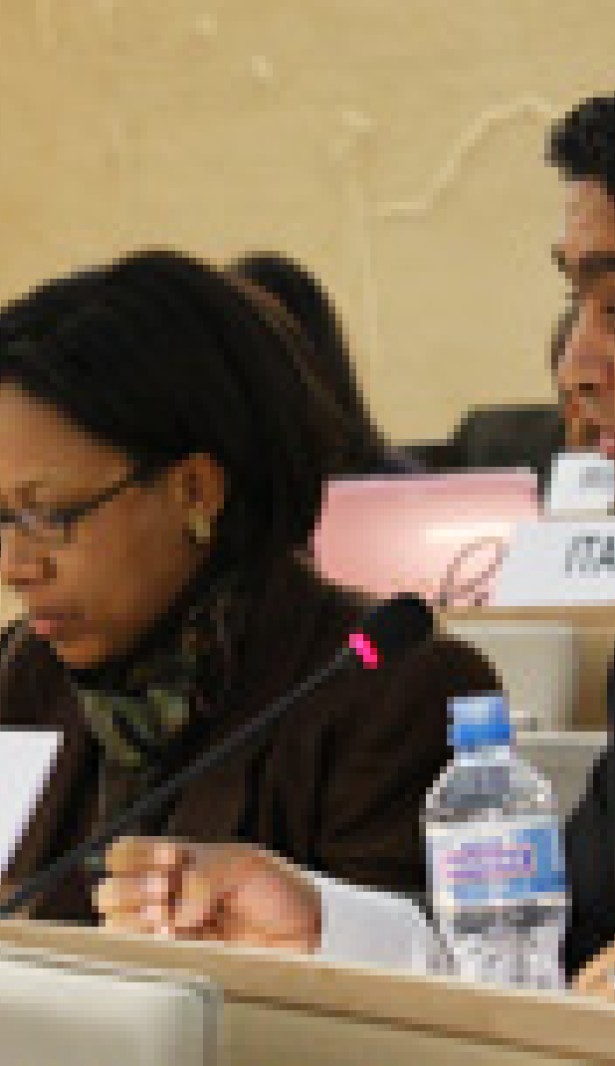
VIEW THIS PAGE IN:
